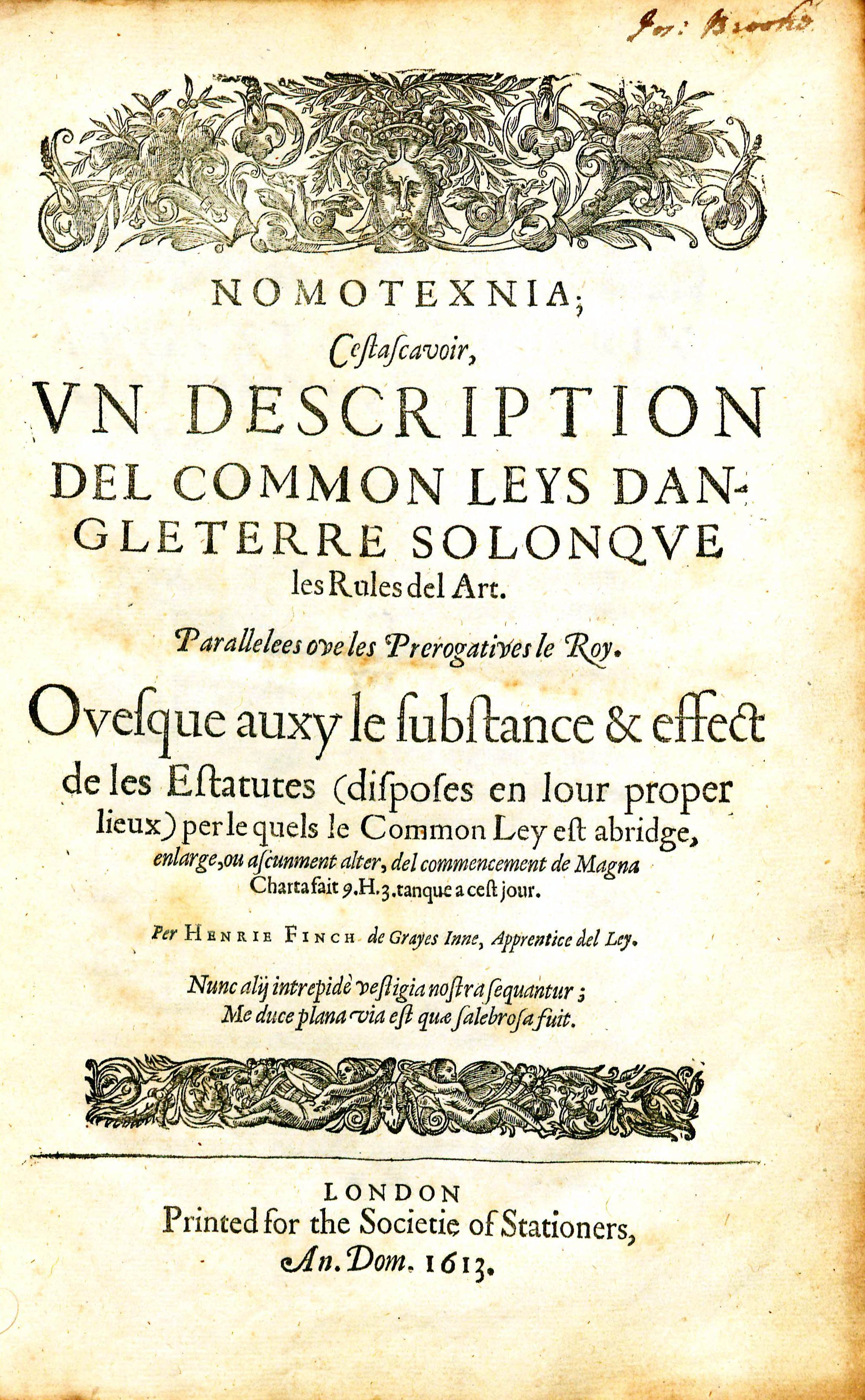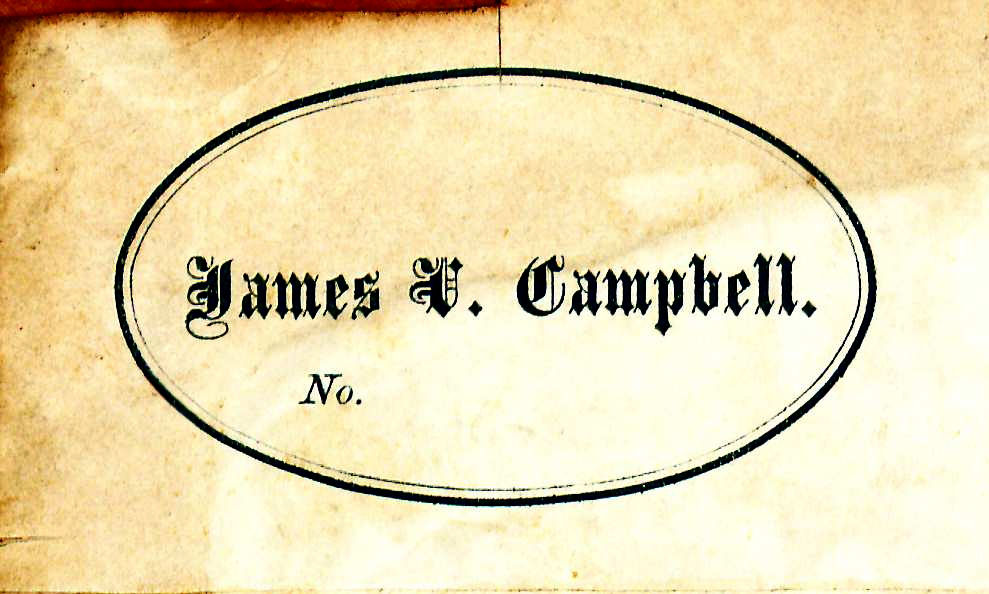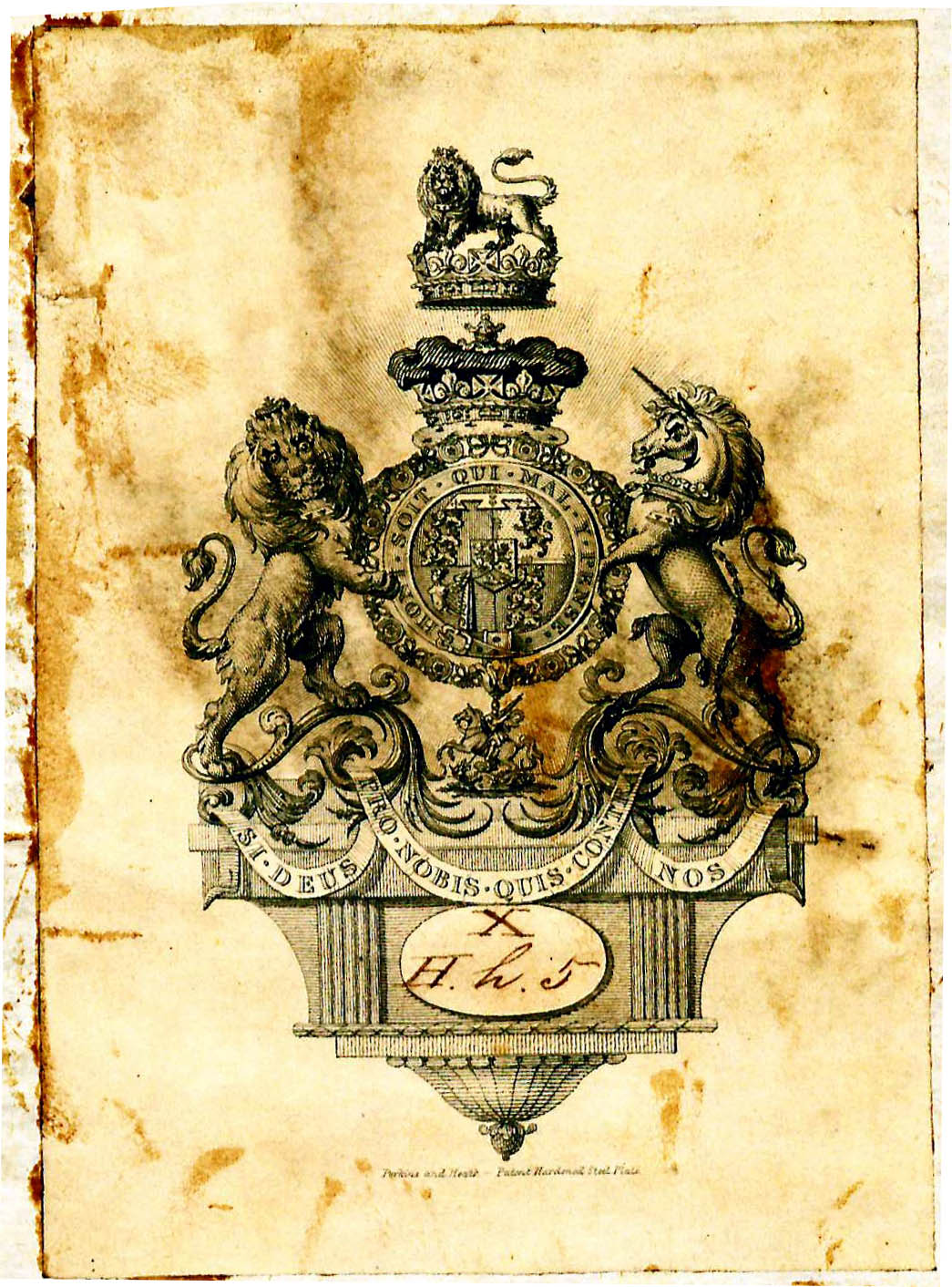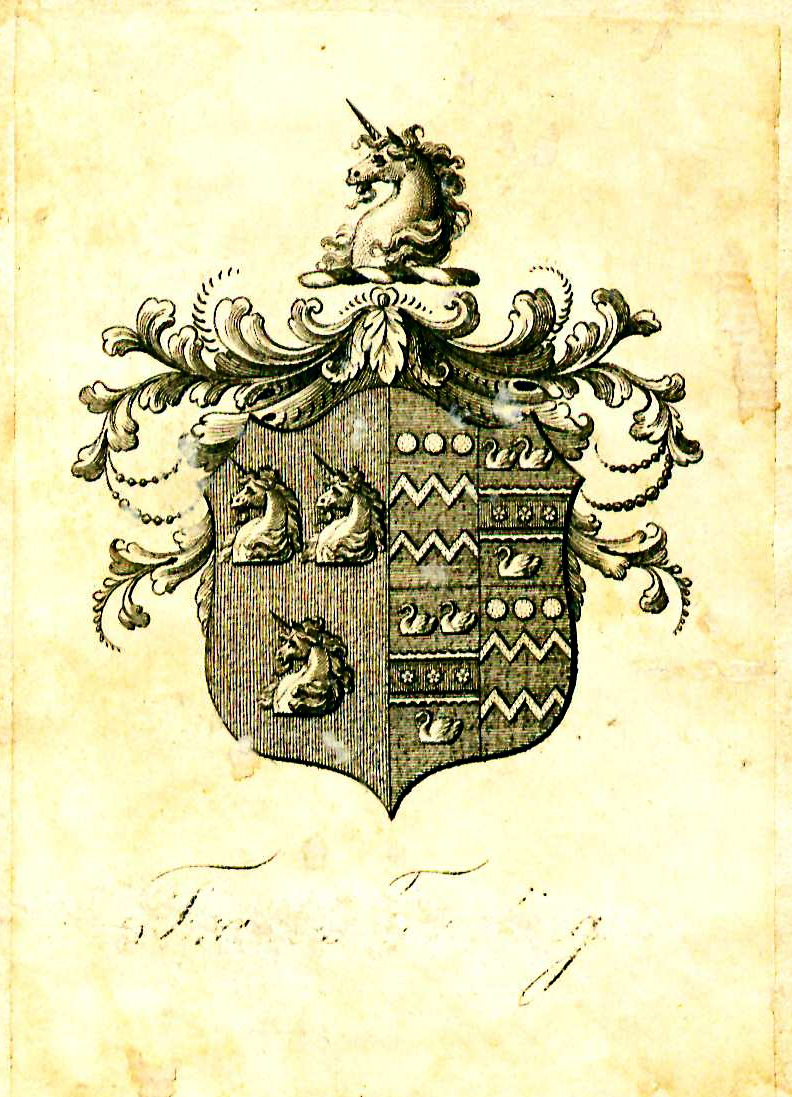Nomotexnia Cestascavoir, Un Description del Common Leys Dangleterre Solonque les Rules Del Art: Parallelees ove les Prerogatives le Roy
by Sir Henry Finch
| Nomotexnia | |
|
Title page from Nomotexnia, George Wythe Collection, Wolf Law Library, College of William & Mary. | |
| Author | Sir Henry Finch |
| Published | London: Printed [by Adam Islip] for the Societie of Stationers |
| Date | 1613 |
| Language | Law French; preliminaries in Latin |
| Pages | [6], 22, [9], 23-149, [1] leaves |
| Desc. | Folio |
| Location | Shelf F-4 |
Sir Henry Finch (c.1558 – 1625) was born in Kent and was raised in part by his Puritan step-father Nicholas St. Leger, whose religious and political influence can be seen in Finch's later life and pursuits.[1] Finch received a B.A. from Christ’s College of Cambridge, and completed his first written work there.[2] He soon entered Gray's Inn and began work on Nomotexnia, "a brief but ambitious treatise which sought to systematize English common law."[3]
Finch consistently arbitrated various matters beginning in 1593.[4] During his service in Parliament, Finch was known as an active committeeman, and a leading puritan spokesman.[5] He opined on such matters as the evils of vagrants.[6] Finch's career also included his call to the bench of Gray's Inn in 1604, and his involvement with the commission of the peace for Canterbury in 1608.[7]
In 1613, Finch expanded his earlier text, Nomotexnia, and published Nomotexnia; Cestascavoir: Un Description del Common Ley Dangleterre Solonque les Rules del Art, a Law French folio in four volumes. The work continued Finch's efforts to clarify and provide an overview of English common law.[8] Finch died of the plague in Boxley in October, 1625.[9]
Finch was recognized soon after his death as a learned man in the law, a linguist, and a scholar.[10] In the following century he was recognized by legal authority William Blackstone as having methodically organized the previously chaotic elements of the law in to a science.[11]
Evidence for Inclusion in Wythe's Library
Brown notes in his bibliography that Thomas Jefferson quoted this specific edition (1613) in his commonplace book, but no evidence exists that he ever owned a copy.[12] The commonplace entry most likely dates from his period as Wythe's student when Jefferson had ready access to Wythe's library. The Wolf Law Library followed Brown's suggestion and added the 1613 edition of Nomotexnia to the George Wythe Collection.
Description of the Wolf Law Library's copy
Bound in early calf, boards embossed with arabesqes. Rebacked and recornered in sheep, with remnants of the earlier back laid down. Purchased from Nostre Livers.
This copy contains three bookplates: on the back pastedown, that of Prince Augustus Frederick, Duke of Sussex, the sixth son of King George III, from his 50,000-volume library at Kensington Palace, bearing the shelfmark "X H.h.5";[13] on the front pastedown is the oval of James V. Campbell, justice of the Supreme Court of Michigan from 1858-1890;[14] and an unidentified armorial bookplate featuring a unicorn's head over three unicorn heads, with six swans in support and the name erased, also on the front pastedown.
Images of the library's copy of this book are available on Flickr. View the record for this book in William & Mary's online catalog.
Full text
- Nomotexnia (17MB PDF)
Bookplate of Prince Augustus Frederick, Duke of Sussex (1773 – 1843), from rear pastedown.
Bookplate of Francis Freeling (1764 – 1836) with name removed, front pastedown.
See also
References
- ↑ Wilfrid Prest, "Finch, Sir Henry (c.1558–1625)" in Oxford Dictionary of National Biography, accessed October 23, 2013.
- ↑ Ibid.
- ↑ Ibid.
- ↑ J.E.M., "Finch, Henry (1558-1625), of Whitefriars, Canterbury, later of Boxley, Kent" in The History of Parliament, British Political, Social, & Local History (The History of Parliament Trust, 1964- ), accessed October 23, 2013.
- ↑ Ibid.
- ↑ Ibid.
- ↑ Prest, "Finch, Sir Henry."
- ↑ Ibid.
- ↑ Ibid.
- ↑ Ibid.
- ↑ Ibid.
- ↑ Bennie Brown, "The Library of George Wythe of Williamsburg and Richmond," (unpublished manuscript, May, 2012) Microsoft Word file. Earlier edition available at: https://digitalarchive.wm.edu/handle/10288/13433.
- ↑ "The Duke of Sussex as a Book-Collector," Manuscripts.org.uk, accessed October 23, 2013.
- ↑ "James Campbell," Michigan Supreme Court Historical Society, accessed October 23, 2013.



